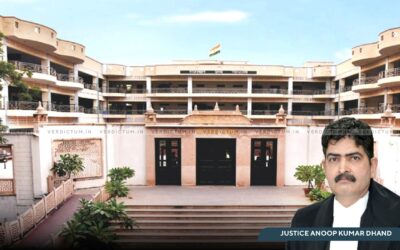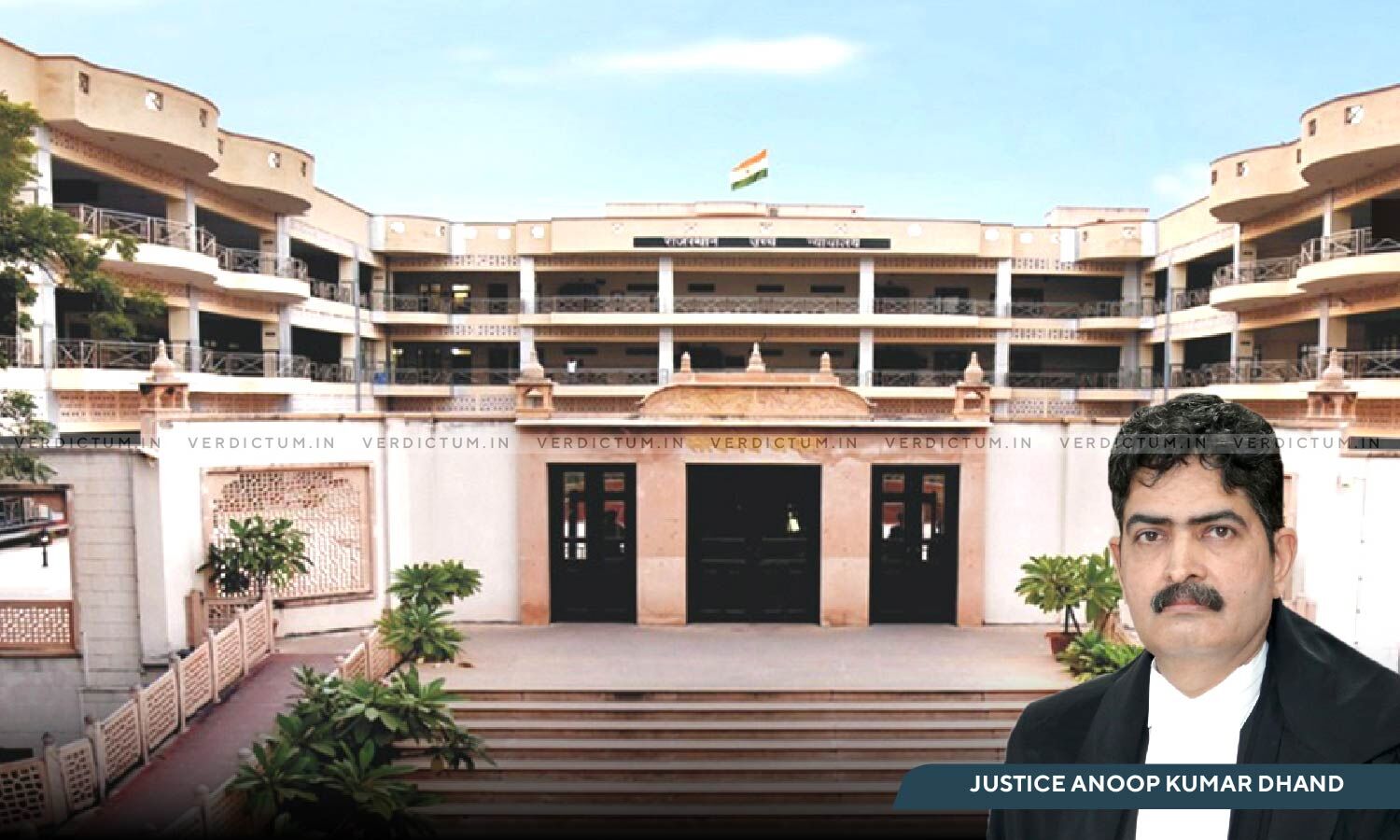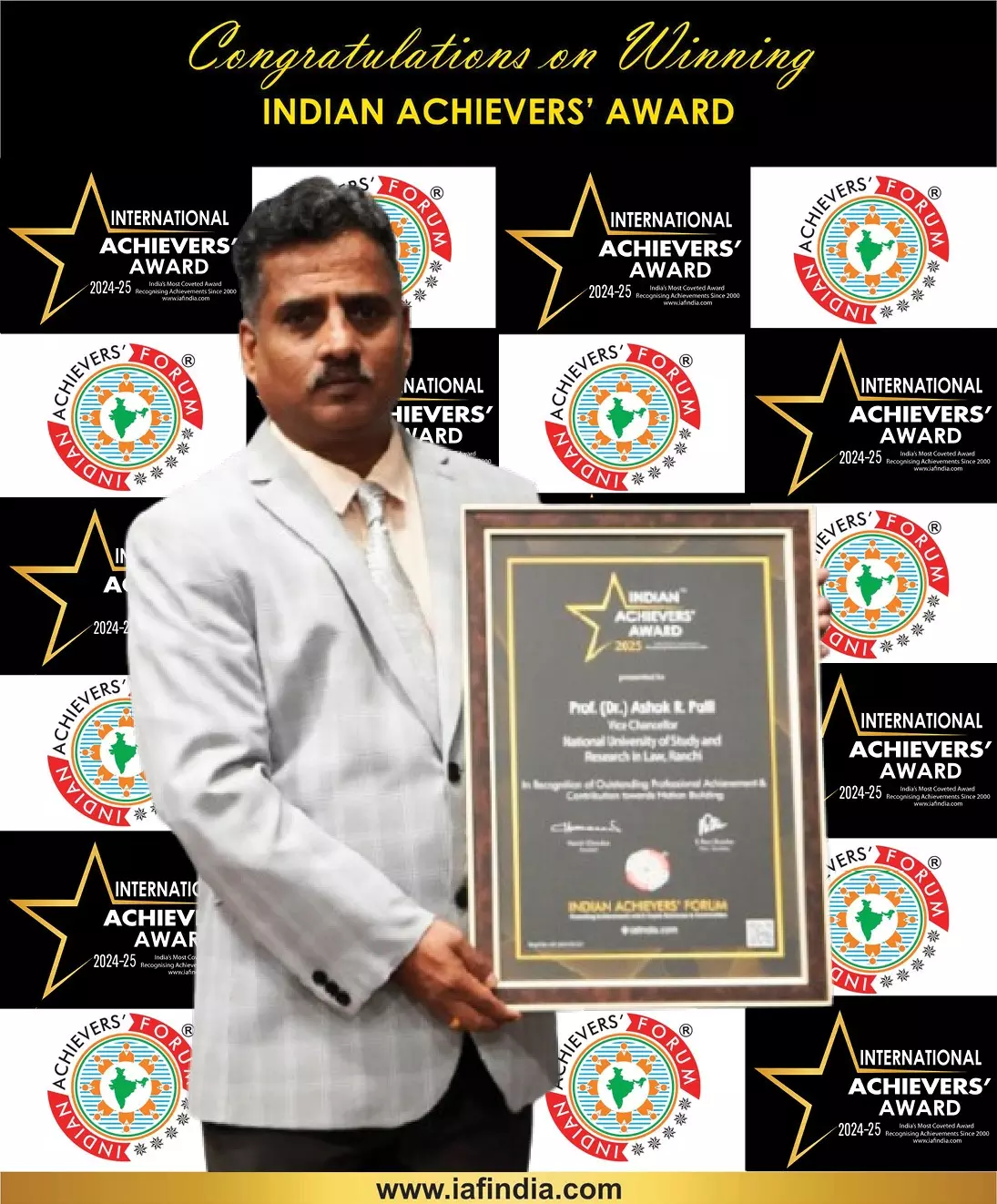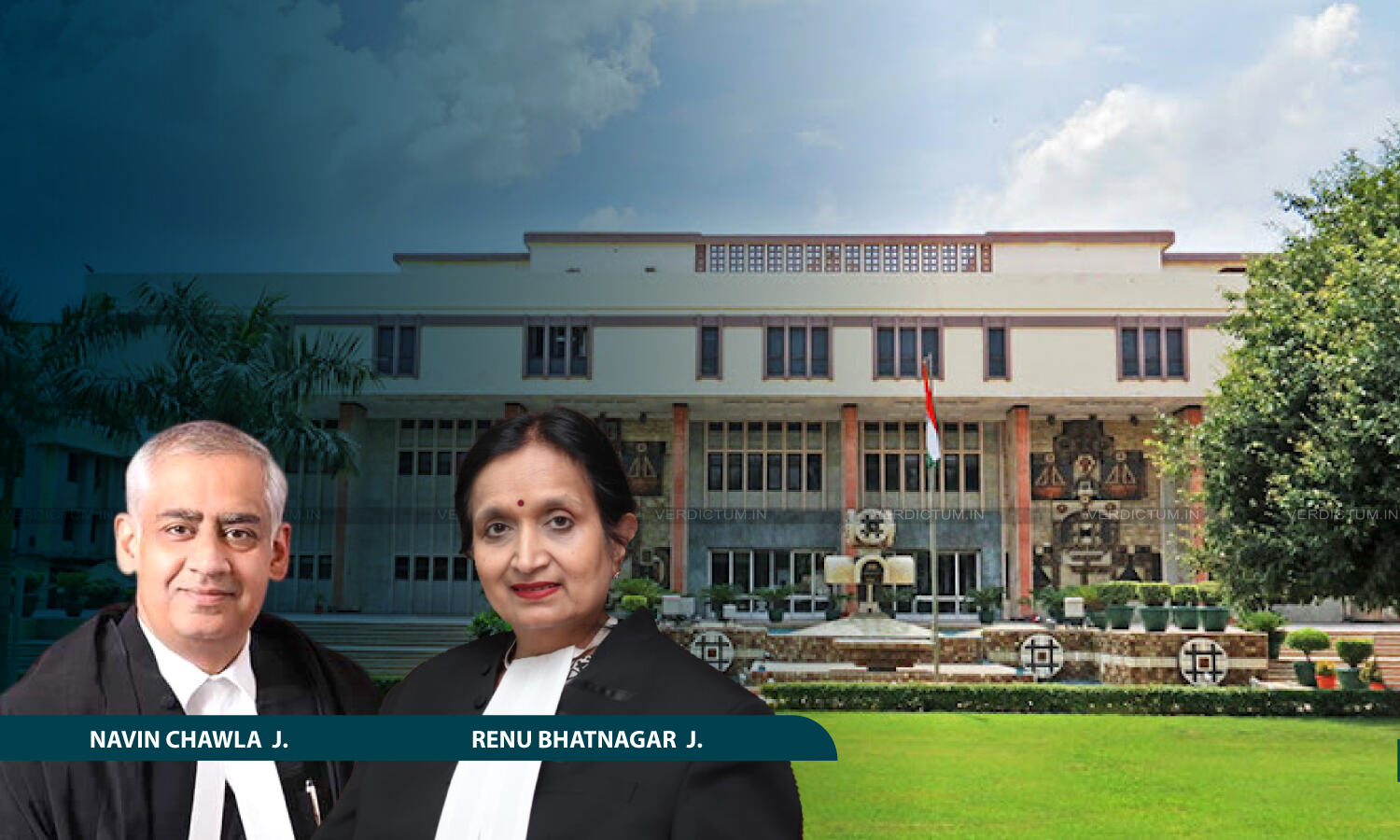Kerala High Court On Parallel Vilakku Conducted Without TDB Approval
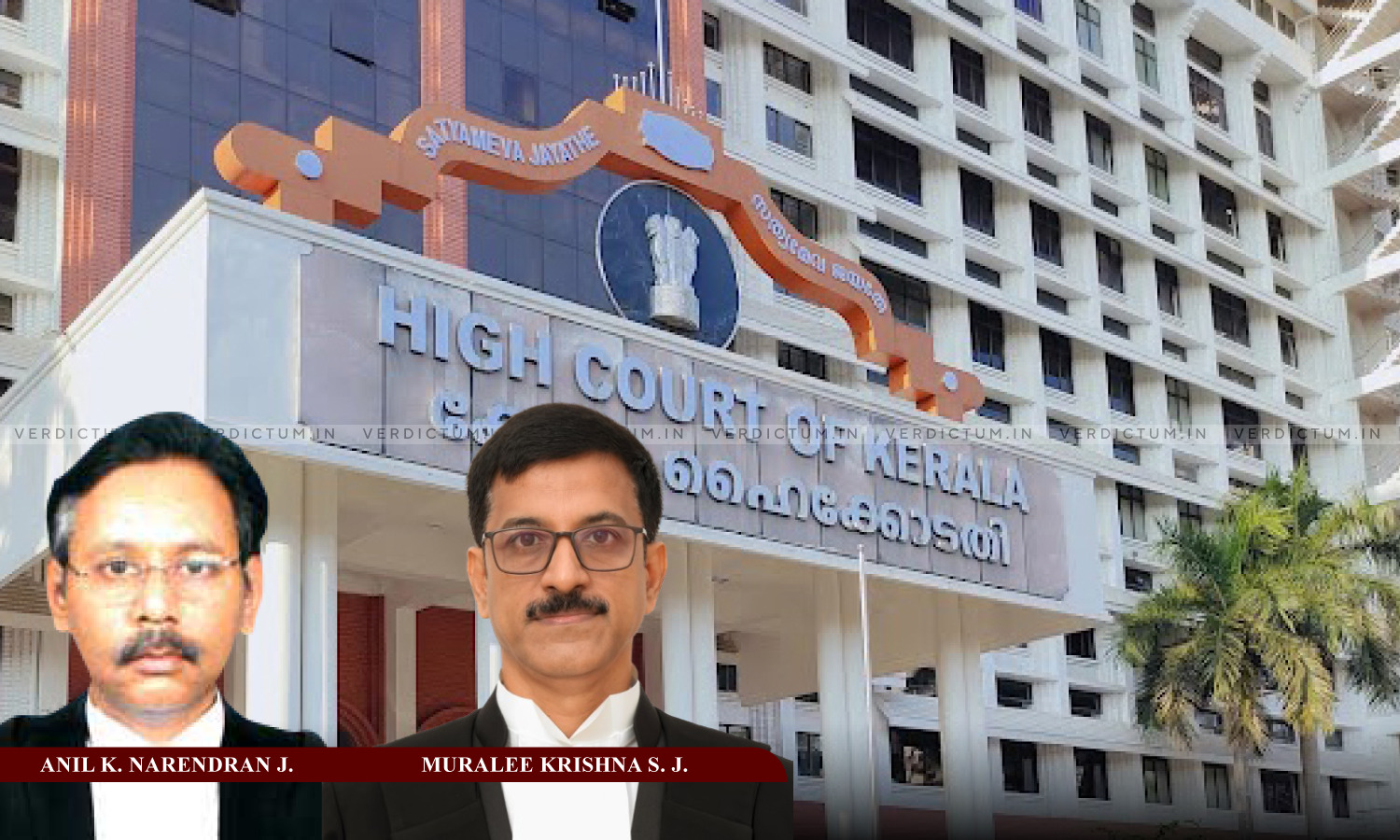
The Kerala High Court has held that no committee other than the Temple Advisory Committee constituted under Section 31A of the Travancore-Cochin Hindu Religious Institutions Act, 1950, shall be permitted to conduct any activities in connection with daily worship, ceremonies or festivals, including the annual Vilakku festival at Peruvaram Sree Mahadeva Temple, which is under the management of the Travancore Devaswom Board.
A Division Bench of Justice Anil K. Narendran and Justice Muralee Krishna S., observed, “When collection of money from the devotees in connection with any ceremonies or development activities in a temple under the management of the Travancore Devaswom Board is legally permissible only against sealed coupons/receipts issued to the Temple Advisory Committee by the Assistant Commissioner, with the approval of the Board, the collection of money from the devotees by the 7th respondent Padinjare Nada Vilakku Committee… is per se arbitrary and patently illegal.”
The Court added, “No committee other than the Temple Advisory Committee constituted under Section 31A… shall have any activity in a temple under the management of the Travancore Devaswom Board in connection with the daily worship, ceremonies and festivals.”
Advocate Resmi A. appeared for the Petitioner, while Advocate Sangeetha S. Nair represented the Respondents.
Brief Facts
The Petitioner, a devotee of Peruvaram Sree Mahadeva Temple in North Paravur, filed the writ petition seeking directions to the Travancore Devaswom Board to prohibit the Padinjare Nada Vilakku Committee from conducting a parallel Vilakku festival and collecting funds within the temple premises without authorisation. The Petitioner also raised concerns about unauthorised parking on temple property and the deteriorated road condition in the temple area.
The documents submitted included cash receipts and photographs evidencing Respondent No.7 committee’s activities such as lighting lamps, installing sculptures, and conducting ‘Para Nirakkal’ without the Board’s sanction. Complaints had already been filed by both the petitioner and the Assistant Devaswom Commissioner before the police and the Board.
Reasoning of the Court
The Court analysed the statutory framework governing Devaswom temples and noted, “Section 15A of the Act mandates the Board to ensure proper maintenance, prompt performance of rites, and facilitation of worship. Section 31 entrusts the Board with management of temple affairs and festivals. Section 31A enables the formation of Temple Advisory Committees to assist the Board.”
Referring to Rule 18 framed under Section 31A(3), the Court observed, “Clause (18) of the Rules prohibits the Temple Advisory Committee or its members from collecting funds in connection with any ceremonies in the temple by placing kanikkavanchi or hundies. No receipts without the seal of the Assistant Commissioner shall be used for collecting money.”
The Bench referred to the decision of the Kerala High Court in Major Vellayani Devi Temple Advisory Committee v. State of Kerala (2023) wherein it had been held that The Temple Advisory Committee of a temple under the management of the Travancore Devaswom Board, which consists of devotees who fall under the eligibility criteria prescribed in Clause (3) of the Rules framed under sub- section (3) of Section 31A of the Act, is duty-bound to render necessary assistance to the Board and its officials for the smooth functioning of the temple activities and festivals according to the usage.
The Bench clarified, “No committee other than the Temple Advisory Committee constituted under Section 31A… shall have any activity in a temple under the management of the Travancore Devaswom Board in connection with the daily worship, ceremonies and festivals.”
The Bench held, “The 7th respondent Padinjare Nada Vilakku Committee or any committee other than the 6th respondent Temple Advisory Committee shall have no connection whatsoever with the annual festival of Peruvaram Sree Mahadeva Temple for the year 1200ME (2025).”
Accordingly, the Court disposed of the writ petition with a declaration that no committee other than the Temple Advisory Committee constituted under Section 31A of the Act, shall have any activity in Peruvaram Sree Mahadeva Temple, which is under the management of the Travancore Devaswom Board in connection with the daily worship, ceremonies and festivals.
The Court was categorical in stating that even the Temple Advisory Committee must obtain prior approval of the Board and use sealed coupons to collect funds, and held the actions of the Respondent No. 7 Committee illegal.
The Court further directed that in case of any unauthorised activities, the Assistant Devaswom Commissioner or Sub Group Officer must file a complaint before the Station House Officer, who shall take immediate action in accordance with law.
Cause Title: Santosh Warrier v. State of Kerala & Ors. (Neutral Citation: 2025:KER:33035)
Appearance:
Petitioner: Advocate Resmi A., Sreeragh C.R.
Respondents: Senior Government Pleader S. RAJMOHAN; Standing Counsel (TDB) G. Santhoshkumar; Advocates Sangeetha S Nair, Sreejith Ck

